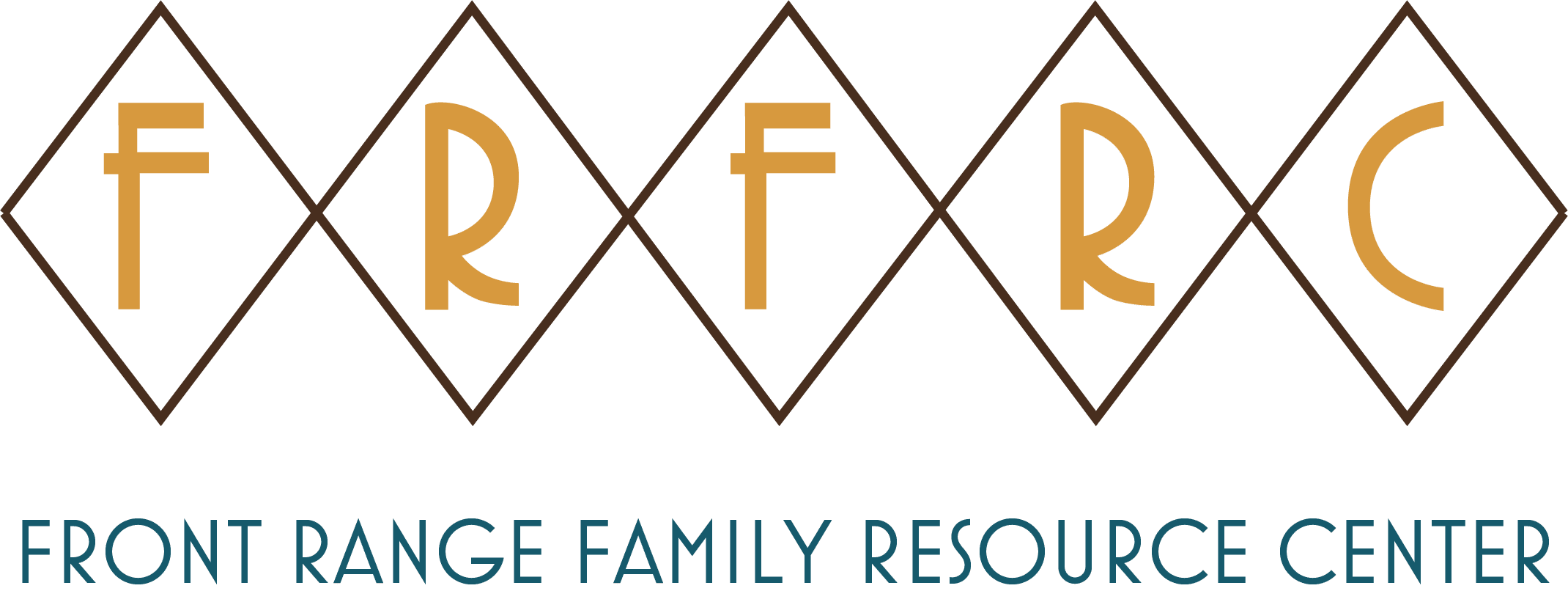In today’s digital age, parents are increasingly turning to social media for advice, tips, and community support. TikTok, the short-form video platform known for its viral trends and diverse content, has become a surprising hub for parenting advice. While it offers an array of tips from fellow parents and experts, it also brings with it a host of anxiety-inducing challenges. Here’s why TikTok parenting advice can often lead to heightened anxiety for parents.
1. Information Overload For Parents
One of the most significant issues with TikTok is the sheer volume of content. The platform’s algorithm is designed to keep users engaged by constantly showing them new videos. For parents, this means a never-ending stream of advice, opinions, and tips on every aspect of child-rearing. The constant bombardment can be overwhelming, leaving parents feeling like they need to try every new trend or technique to be good caregivers.
2. Inconsistent and Contradictory Parenting Advice
Parenting is not a one-size-fits-all endeavor. What works for one child or family may not work for another. On TikTok, it’s common to find advice that directly contradicts other tips. One video might emphasize strict schedules and routines, while another promotes a more laid-back, child-led approach. This inconsistency can lead to confusion and self-doubt, as parents struggle to determine which advice to follow.
3. Pressure on Parents to Be Perfect
TikTok‘s culture often highlights the best moments of life, creating an unrealistic standard for parents to live up to. Many parenting videos showcase perfectly behaved children, spotless homes, and parents who seem to have everything under control. This can create immense pressure to emulate these idealized scenarios, leading to feelings of inadequacy and anxiety when reality doesn’t match up.
4. Viral Misinformation about Parenting Advice
While there are many knowledgeable and experienced parents and experts on TikTok, there is also a significant amount of misinformation. Some viral parenting trends and hacks can be based on unverified or even harmful practices. Parents may feel pressured to try these trendy tips without fully understanding their implications, which can lead to anxiety about the potential negative effects on their children.

5. Parenthood Judgment and Shaming
TikTok’s comment section can be a double-edged sword. While it offers a space for community and support, it can also be a breeding ground for judgment and shaming. Parents who share their struggles or ask for advice may find themselves on the receiving end of harsh criticism or unsolicited opinions. This environment can make parents feel judged and isolated, exacerbating feelings of anxiety and inadequacy.
6. Time Consumption for Busy Moms and Dads
Scrolling through TikTok can be incredibly time-consuming, and for busy parents, this can add to their stress levels. The platform’s addictive nature can lead to parents spending valuable time watching videos instead of engaging with their children or taking care of themselves. This imbalance can lead to guilt and anxiety about not prioritizing their time effectively.
7. Unrealistic Comparisons to Other Parents
Finally, TikTok fosters a culture of comparison. Parents might find themselves comparing their parenting style, home environment, and children’s behavior to those they see on the app. These comparisons are often unrealistic, as they are based on curated and edited snapshots of others’ lives. This can lead to feelings of inadequacy and anxiety about not measuring up.
Conclusion
While TikTok can be a valuable resource for parenting tips and community support, it’s important for parents to approach it with a critical eye. Recognizing the potential for information overload, inconsistency, and unrealistic standards can help mitigate some of the anxiety that comes with consuming parenting advice on the platform. Parents should remember that every family is unique, and what works for one may not work for another. It’s essential to trust one’s instincts, seek out reliable sources, and prioritize self-care to navigate the challenges of modern parenting without succumbing to undue stress and anxiety.
